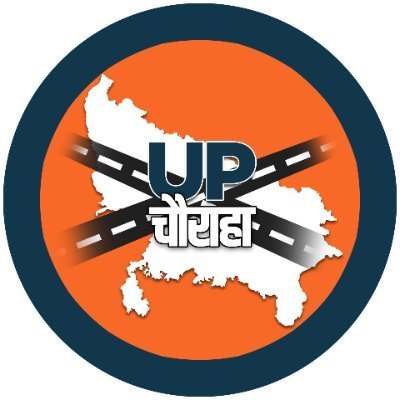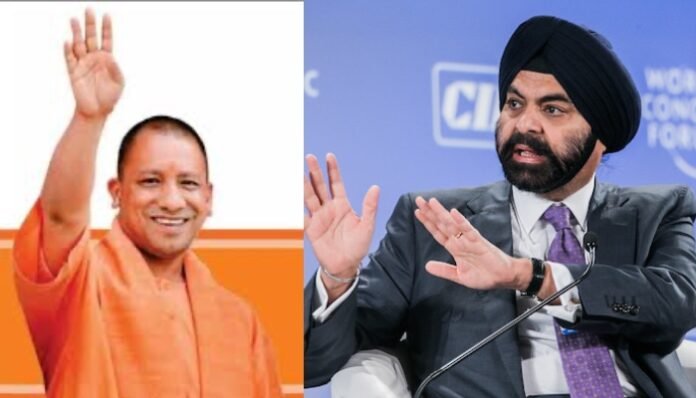World Bank Group President Ajay Banga has praised the agriculture model of UP. He called it a global benchmark for sustainable farming and climate adaptation, especially for small and marginal farmers. During his recent visit to the state in May, Banga saw firsthand how the state’s farming system combines resilience, innovation, and practical support for farmers to create a working ecosystem — not just theory.
Climate Adaptation Built In From the Start
Banga highlighted the Yogi Adityanath government’s efforts to build climate resilience into the farming system from the very beginning. UP as a state uses heat-tolerant seeds, soil-specific fertilisers, regenerative farming methods, efficient irrigation techniques, and strong crop insurance programs. This approach ensures that one bad season doesn’t wipe out a farmer’s livelihood.
Digital Technology: The Glue Holding It All Together
A key part of this success, Banga said, is the use of digital technology. Simple AI tools and mobile phones help farmers in multiple ways, from diagnosing crop diseases and recommending fertilisers to providing early weather alerts and enabling secure digital payments. These digital tools also help farmers build credit histories, making it easier for themto get loans and participate in the financial system, creating a positive cycle of trust and investment.
Collaboration and Scaling Up the Model
Banga stressed that the success of Uttar Pradesh’s agriculture model depends on close cooperation between the government, businesses, and development partners. He praised the partnership between the World Bank and the Uttar Pradesh government, which recently launched the UP AGREES (Uttar Pradesh Agriculture Growth and Rural Enterprise) project. This initiative aims to strengthen the state’s agriculture by providing real-time information on weather, seeds, markets, and insurance through a digital platform, benefiting nearly one million small and marginal farmers directly.
A Model for the World
He also said Uttar Pradesh a “living model of smart agricultural transformation,” Banga urged other regions and countries to learn from this example. He emphasised that resilience must be integrated from the start and backed by technology and cooperative systems to ensure sustainable livelihoods for smallholder farmers globally.
Ambitious Global Goals
Beyond praising Uttar Pradesh, Banga shared the World Bank’s broader plans to boost agribusiness commitments to $9 billion annually by 2030 and to attract an additional $5 billion from private partners. He summarised the approach as “stealing shamelessly and sharing seamlessly” — learning from successful models like Uttar Pradesh and spreading those ideas worldwide.
Additional Observations from Banga’s Visit
Recalling his recent visit to the state, Banga said, “A couple of months ago I was in Uttar Pradesh and I saw everything working together, the foundations, cooperatives, resilience, and most importantly, the digital system that connected it all. It delivered results. The proof is, it works, and we need to scale it.” He added that resilience should be built from the start, not added later, and that digital systems are key to making farming more efficient and dependable. Banga said the success seen in Uttar Pradesh can inspire similar progress in other parts of the world.


